The rise of Spotify's AI-powered playlist features has sparked a heated debate within the music industry, particularly among independent artists who claim the algorithm-driven system is squeezing their already-limited streaming revenue. What was initially touted as an innovative tool for music discovery has increasingly become a point of contention, with many indie musicians reporting noticeable drops in their monthly listener counts since the platform rolled out its enhanced algorithmic recommendations.
At the heart of the controversy lies Spotify's "AI Playlist" function, which uses machine learning to generate personalized playlists for users based on their listening history, mood selections, and even text prompts. While major label artists continue to dominate these algorithmically curated playlists, smaller creators argue the system creates an uneven playing field that favors established acts with bigger marketing budgets.
"We used to get decent traction from Spotify's algorithmic playlists like Discover Weekly," explains Mara Lin, an independent folk artist from Portland. "But since they introduced these new AI features, our streams from automated playlists have dropped nearly 40%. It feels like the system is now programmed to keep pushing listeners toward the same pool of top-charting artists."
Industry analysts note that Spotify's algorithm appears to be caught in a self-reinforcing cycle. The more users engage with mainstream recommendations, the more the AI learns to prioritize those same artists in future suggestions. This creates what some are calling a "streaming rich-get-richer" effect, where popular artists benefit from increased exposure while lesser-known talents get buried in the platform's vast catalog.
Spotify defends its technology, stating that the AI systems are designed to surface relevant content regardless of an artist's commercial backing. "Our recommendation algorithms consider hundreds of signals to match listeners with music they'll love, including many factors that help emerging artists get discovered," a company spokesperson said in response to inquiries.
However, data from several independent distribution companies tells a different story. According to aggregated streaming reports from CD Baby and DistroKid, their artists' share of algorithmic playlist placements has declined significantly since late 2023, when Spotify began heavily promoting its AI playlist tools. The drop is particularly pronounced in mood-based categories like "Chill Vibes" or "Focus Flow," where AI curation has largely replaced human editorial input.
The financial implications are immediate and severe for working musicians. With streaming royalties already notoriously low (averaging $0.003-$0.005 per stream), independent artists rely heavily on playlist placements to generate meaningful income. A reduction in algorithmic support can mean the difference between earning a sustainable living and abandoning music altogether.
"This isn't just about vanity metrics," stresses David Kwon, manager of several indie rock bands. "When your streams drop by 30-50% because the AI changed how it surfaces music, that's real money disappearing from artists' pockets. Many are now questioning whether it's worth continuing to prioritize Spotify in their release strategies."
Some artists and labels are experimenting with counterstrategies, from optimizing release timing to encourage algorithmic pickup to encouraging fans to manually save their songs (which signals stronger engagement to Spotify's systems). Others are diversifying their presence across competing platforms like Bandcamp and Tidal, where different discovery mechanisms might offer better opportunities.
As the debate intensifies, calls are growing for greater transparency around how Spotify's AI selects and promotes music. The company currently provides limited insight into why certain tracks get algorithmic boosts while others don't, leaving artists to guess at best practices. Music industry groups are now pushing for disclosure requirements that would force streaming platforms to reveal more about their recommendation systems.
The situation highlights the precarious position of independent musicians in an increasingly algorithm-driven music economy. Where human curators might take chances on unknown artists, AI systems appear predisposed to reinforce existing listening patterns. For creators without major label support, this shift threatens to make an already challenging path to sustainability even more difficult.
As Spotify continues refining its AI capabilities—recent job listings suggest heavy investment in machine learning for music recommendation—the music community watches warily. The coming months may determine whether algorithmic systems can be adjusted to better support diverse musical ecosystems, or if independent artists will need to fundamentally rethink their approach to digital platforms altogether.

By /May 30, 2025

By /May 30, 2025
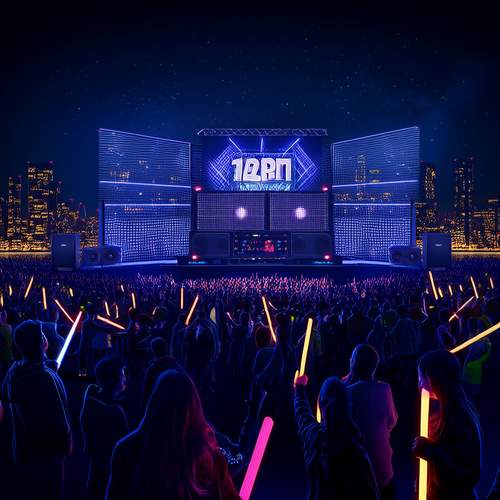
By /May 30, 2025

By /May 30, 2025

By /May 30, 2025
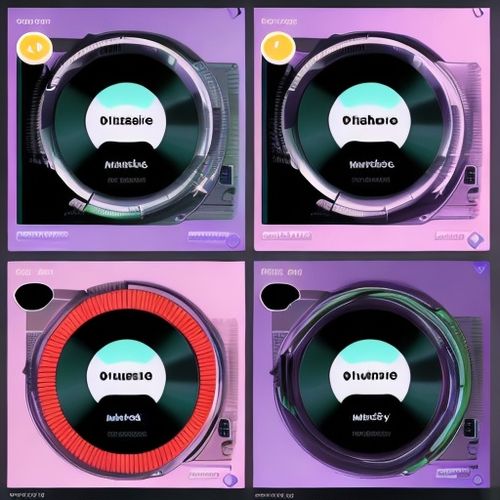
By William Miller/Apr 13, 2025
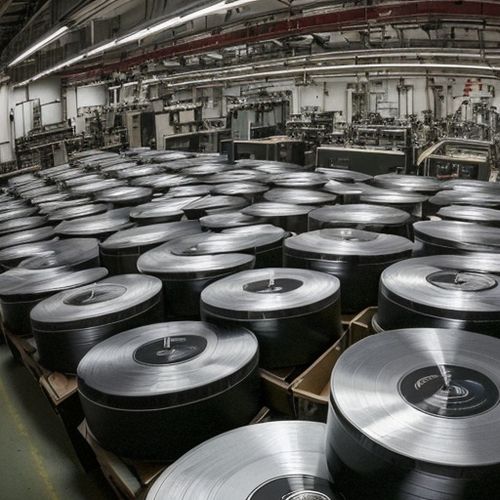
By Daniel Scott/Apr 13, 2025
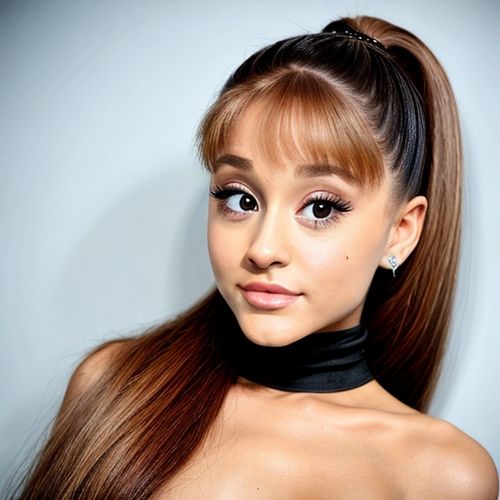
By Benjamin Evans/Dec 25, 2024

By George Bailey/Dec 25, 2024
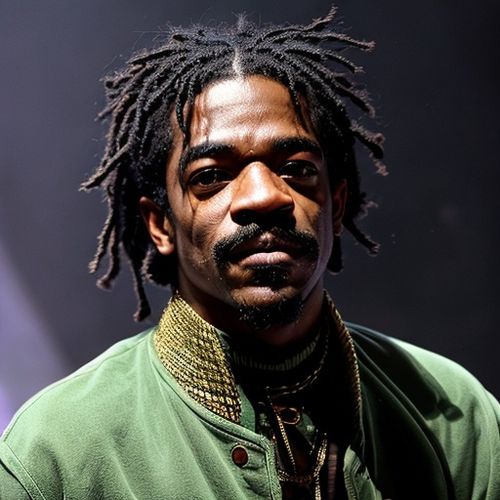
By Lily Simpson/Dec 25, 2024

By Olivia Reed/Dec 25, 2024
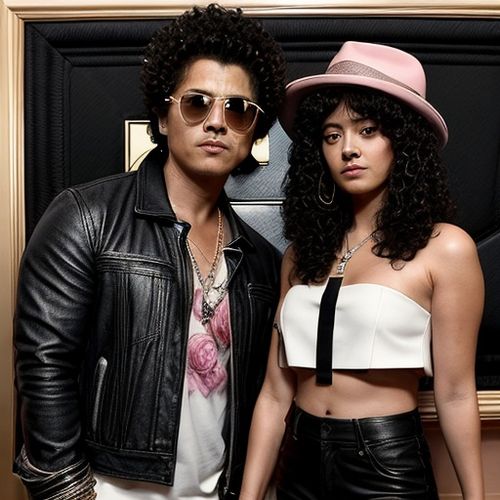
By Christopher Harris/Dec 25, 2024

By Sarah Davis/Dec 25, 2024

By Natalie Campbell/Dec 25, 2024
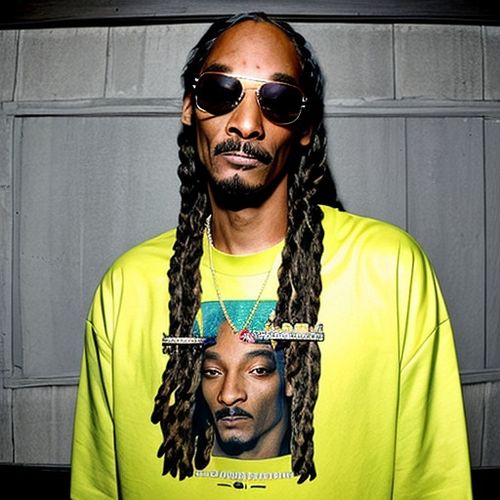
By William Miller/Dec 25, 2024
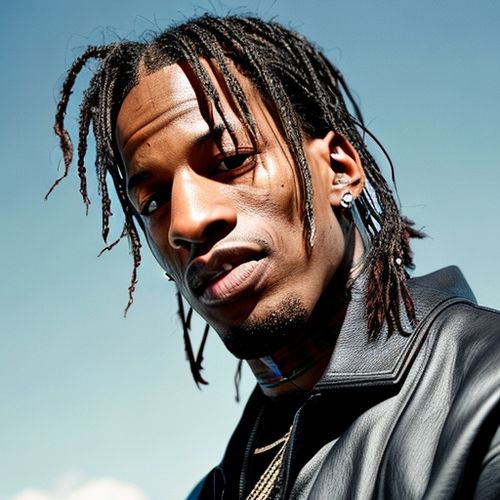
By Olivia Reed/Dec 25, 2024

By John Smith/Dec 25, 2024